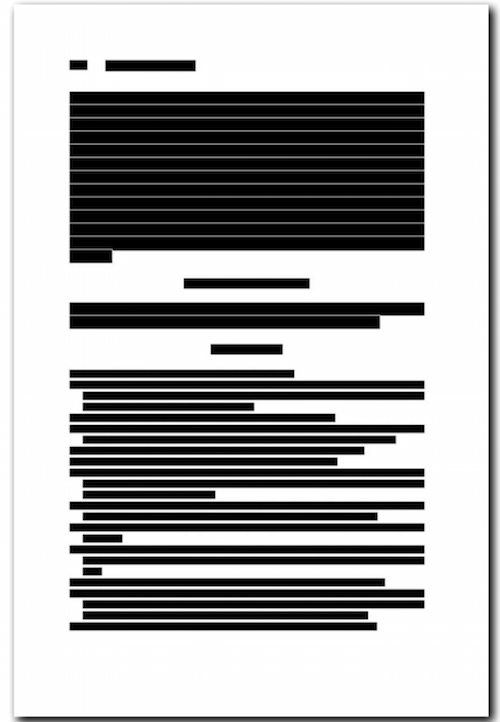
The Rogue Scholar science blog archive launched in April and I have been busy building out the core features of archiving the full-text of blog posts, establishing a full-text search, and registering DOIs and metadata for all posts. My announced goal was to complete this work by the end of the second quarter.








